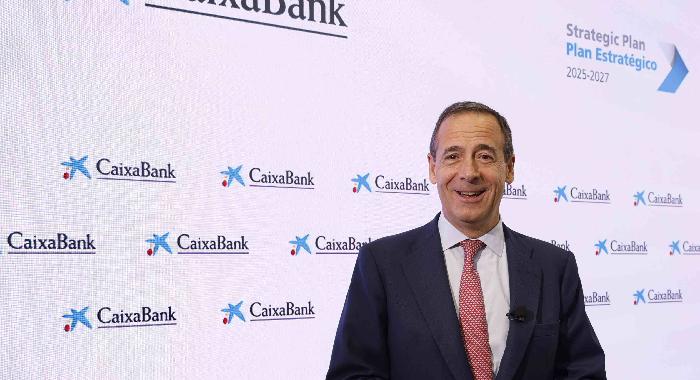
1. Beware of "super deals"
Over these periods, email, social media, WhatsApp chats and pop-ups are often filled with super deals. However, if a deal seems too good to be true or expires in a short time, be wary. In situations like this, where prices are very competitive, it is best to take the time to check other websites and retailers for the item’s actual market value.
Your personal and bank details could be compromised if you click on a link that redirects you to a fraudulent website. Worse still, it could prompt you to download a malicious file that infects your device. Phishing is one of the most common techniques used by cybercriminals to steal personal and banking information through deceptive emails. Using social engineering techniques, cybercriminals impersonate trusted entities, individuals, brands or services in an attempt to deceive their victims. This is one of the most popular ways cybercriminals steal personal information. At times like Black Friday and Cyber Monday, these attacks increase significantly. This is why you should be particularly wary of any email offering last-minute deals. The best way to protect yourself in these cases is to manually search for the offers online, accessing the company’s website via an external link. In this way, you can avoid falling victim to fraudulent links. In addition, if you notice anything unusual in the message, the safest approach is to delete it immediately.
2. Fraudulent websites
Ensure the website is secure before making any purchase or entering personal information. If the website is unfamiliar or you are unsure of its origin, it is important to look for references to the website using search engines. If it is a trusted website, always access it through its official app or official website. Be cautious, however, as clones of websites can be highly convincing and look almost identical to the original. It is therefore essential to pay close attention to the details.
3. Private connections
You should never shop online or enter personal or credit card information using public Wi-Fi networks. This includes Wi-Fi networks in hotels, bars, airports and other public places. Even if they are password-protected, they are still considered public.
It is best to make purchases using a completely private Wi-Fi connection or mobile data.
4. Payment confirmation via CaixaBankNow
In accordance with the European Payment Services Directive (PSD2), when making an online purchase, the user will receive a notification from their digital banking app. By opening the notification, they will be directed to their banking service and, after verifying all the purchase details, they can approve the transaction.
Check all the details of the transaction carefully (merchant, amount, etc.) and if you have any doubts, do not approve it and cancel the transaction.
5. Check your bank accounts
You should review your bank statements regularly to ensure there are no unusual transactions on your account. However, during periods of increased spending, such as Black Friday, this becomes even more important.
6. Use a card for online purchases
To avoid surprises, consider using a single bank card for online shopping, with a balance that you set for each purchase. Another secure and controlled option is to use prepaid cards (both physical and online), which allow you to manage your spending easily. You can load these cards with a specific amount and make one-off or regular top-ups via online banking.
Regardless of the time of year, and especially during events like Black Friday and Cyber Monday, it is vital to approach shopping sensibly and calmly. Avoid rushing, as this can lead to impulsive and potentially costly decisions. Before making a purchase, research the retailer and make sure that the product’s price is reasonable. If you have any doubts about the legitimacy of an offer or the security of a transaction, it is best to cancel the purchase. Above all, use common sense to ensure a safe and satisfying shopping experience.





